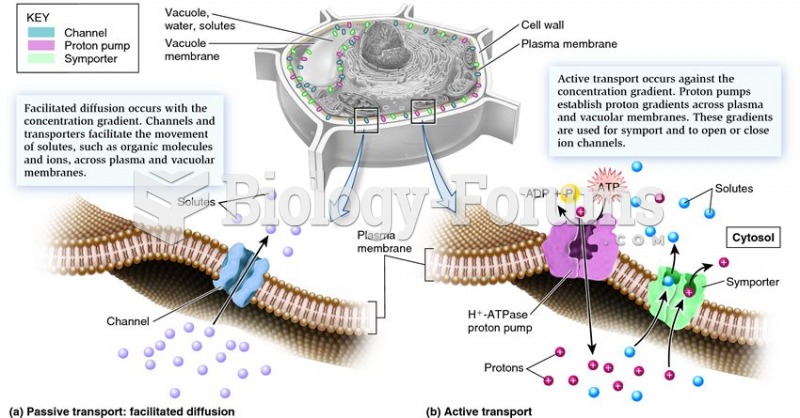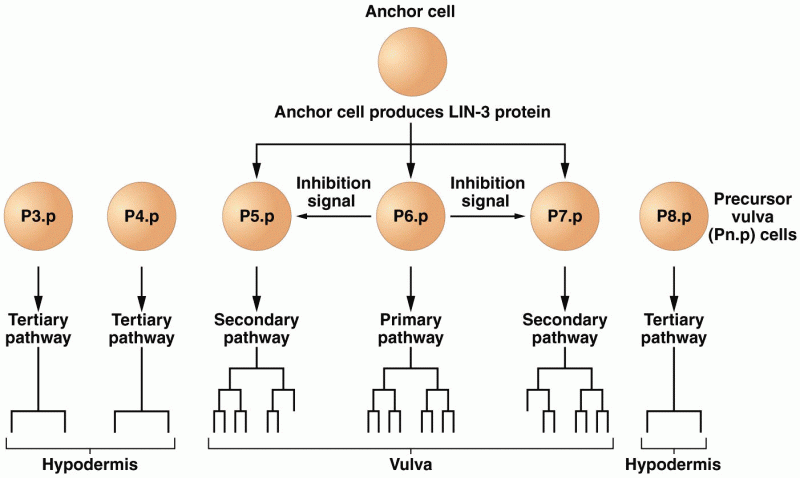|
|
|
More than one-third of adult Americans are obese. Diseases that kill the largest number of people annually, such as heart disease, cancer, diabetes, stroke, and hypertension, can be attributed to diet.
Patients who have undergone chemotherapy for the treatment of cancer often complain of a lack of mental focus; memory loss; and a general diminution in abilities such as multitasking, attention span, and general mental agility.
More than 34,000 trademarked medication names and more than 10,000 generic medication names are in use in the United States.
Bacteria have been found alive in a lake buried one half mile under ice in Antarctica.
When blood is exposed to air, it clots. Heparin allows the blood to come in direct contact with air without clotting.







